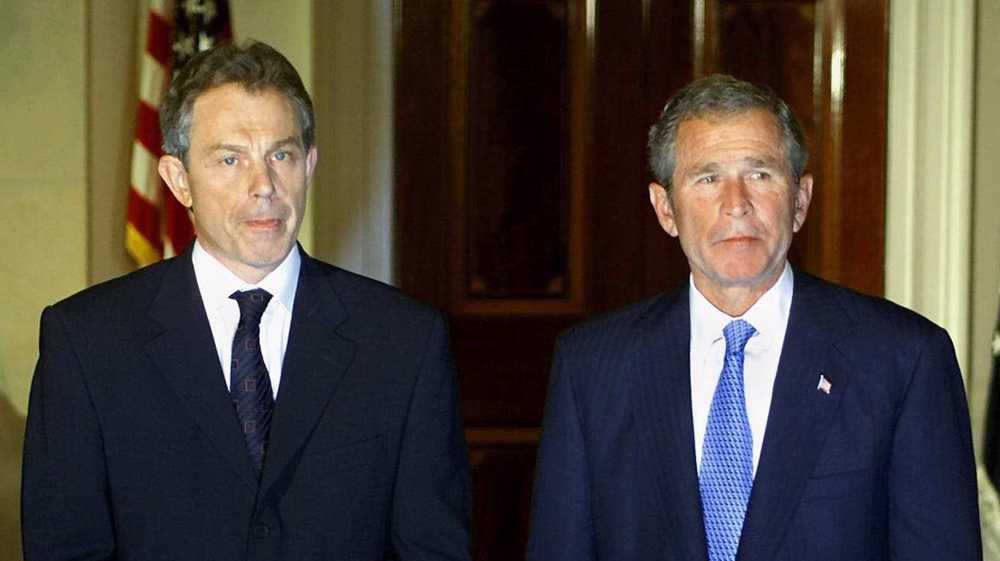'2nd referendum will exacerbate divisions in UK society'
A Scottish political activist and commentator says the second referendum, following the Brexit vote, will exacerbate the divisions in the British society.
More than 3 million people have signed a petition calling for a second EU referendum, after British citizens voted in the historic referendum to leave the EU, a bloc that the United Kingdom joined more than 40 years ago.
Chris Bambery, a leading member of the International Socialist Group, told Press TV on Sunday that “there is no mechanism for that to happen.”
“And I think in essence that’s also undemocratic. There was a clear result, yes it was a narrow result but it was a clear result. And I think the danger in this is that it is going to increase antagonism in the British society,” he stated.
“By and large, the poorer you were, the more likely you are to leave the European Union. Conversely the better off you are, the more likely you are to stay,” he said.
“I think the danger in calling for the second referendum is that it will exacerbate the divisions in the British society,” he reiterated.
“The European Union itself is a record when people in France, Ireland, and the Netherlands voted in a referendum against what the EU Commission wanted, they have ignored that vote and called another referendum so that they could vote in a right way,” the activist said.
“So I think it would be profoundly undemocratic to open up new divisions in the British society. All of this is a reflection of the seismic shock that this [is] achieved for the British elite and the hangers-on,” he said.
“They didn’t expect this result. They believed there was going to be a Remain vote, … and the seismic shock has created a major political crisis in Britain,” he noted.

In the June 23 referendum, about 52 percent of British voters opted to leave the EU, while roughly 48 percent of the people voted to stay in the union. More than 17.4 million Britons said the country should leave the bloc, as just over 16.14 million others favored remaining in the EU.
Membership of the EU has been a controversial issue in the UK since the country joined the then European Economic Community in 1973.
Those in favor of a British withdrawal from the EU argued that outside the bloc, London would be better positioned to conduct its own trade negotiations, better able to control immigration and free from what they believe to be excessive EU regulations and bureaucracy.
Those in favor of remaining in the bloc argued that leaving it would risk the UK's prosperity, diminish its influence over world affairs, and result in trade barriers between the UK and the EU.

Former UK Prime Minister Tony Blair said on Sunday that another Brexit referendum should not be ruled out in the process of redefining the country’s relationship with the EU.
Asked whether he would support a new referendum, the former premier said, “As I’m looking at it here, I can’t see how we could do that. But the point is: why rule anything out?”
Blair said that both sides of the debate had to focus their attention on reestablishing London’s post-Brexit relations with the EU.
VIDEO | Yemeni forces repel US-British attack, down F-18 Jet
Iran’s capabilities vast; enemy’s ‘maximum pressure’ policies all failed miserably: Senior official
Iran’s economy grew 2.7% y/y in Sep quarter: CBI
VIDEO | Freelancers in Gaza strive to stay online amid genocide
Mikati demands Israel's withdrawal from south Lebanon
Yemeni army strikes Israeli military sites with drones
‘Clock ticking’: UNRWA slams unjustifiable killing of children in Gaza
BP to be sued in Britain for supplying oil to Israel









 This makes it easy to access the Press TV website
This makes it easy to access the Press TV website